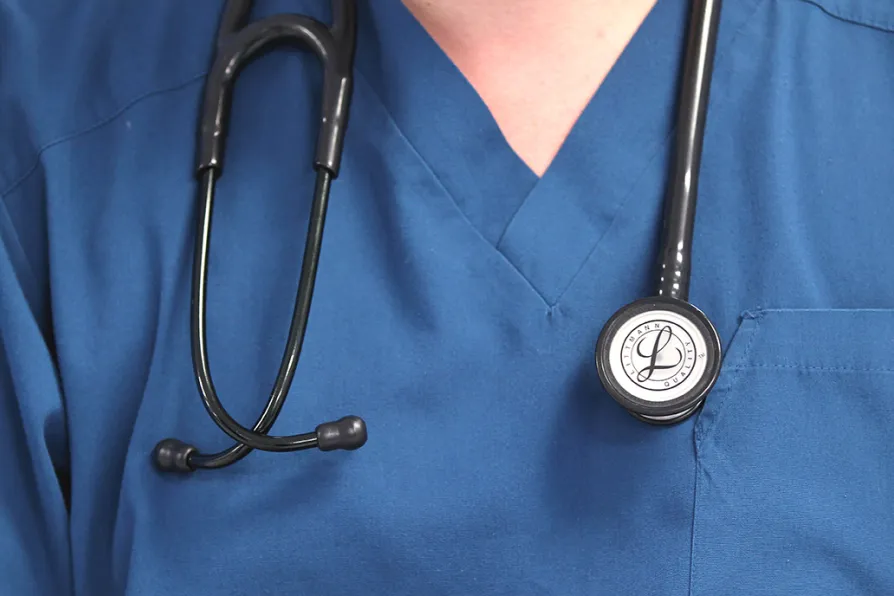
 A doctor holding a stethoscope at the Royal Liverpool University Hospital, Liverpool, August 2014
A doctor holding a stethoscope at the Royal Liverpool University Hospital, Liverpool, August 2014
TWO in five female medical students have been sexually assaulted or harassed, new research has found.
A survey of nearly 1,000 medical students by doctors’ union the British Medical Association (BMA) warned that a “sexist and unsafe culture” experienced by medical students “risks becoming embedded in the NHS.”
Some 67 per cent of those who experienced sexual assault or harassment chose not to report it, saying they believed “nothing would be done,” the survey found.
Of those who did report, 75 per cent said they were not really or not at all satisfied with the outcome.
A female medical student spoke to the union about her experience of sexual assault at the hands of a senior doctor.
She said: “The reporting process has been retraumatising and destructive, and has dragged on for over a year. It has left me with little faith in the system, and I do not feel that students are being protected enough.
“I was warned against speaking up because of possible repercussions.”
She added: “From day one I felt the culture of medicine was deeply hierarchical and sexist — from being advised on specialities based on what ‘gets in the way of having children’ to doctors moving me around the bedspace by the waist. Misogyny is a normalised culture.”
Some 43 per cent of the female students said that sexism, sexual harassment or sexual assault had affected their education and their specialty choice.
One in five male respondents reported experiencing sexual harassment and assault.
The BMA is urging the government to bring forward legislation that introduces a statutory duty of care on higher-education institutions for their students and for medical schools to agree clear, tough sanctions for sexual violence.
ONLINE ONLY
BMA deputy chair of council Dr Emma Runswick said: “The lack of accountability, coupled with the power imbalance for perpetrators, especially when they are senior doctors, can lead to the normalisation of sexist and inappropriate behaviours in the NHS and beyond.
“While we know that perpetrators are a minority of patients, medical students and senior doctors, their actions can still have a devastating impact.”










